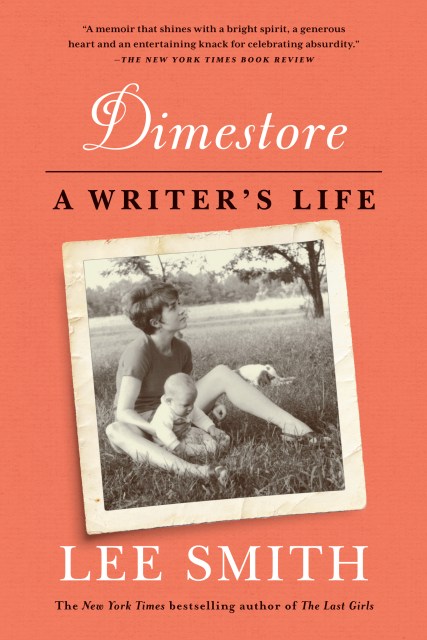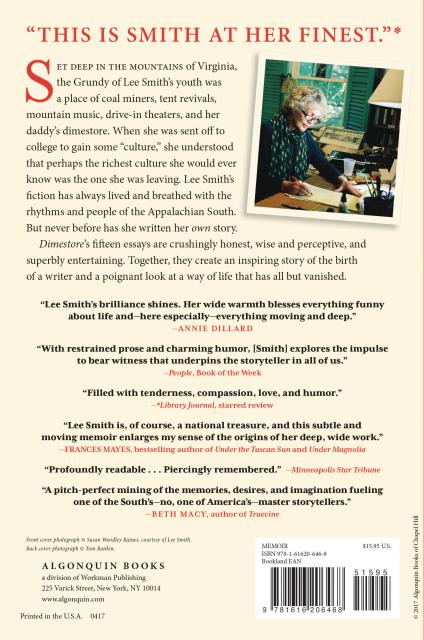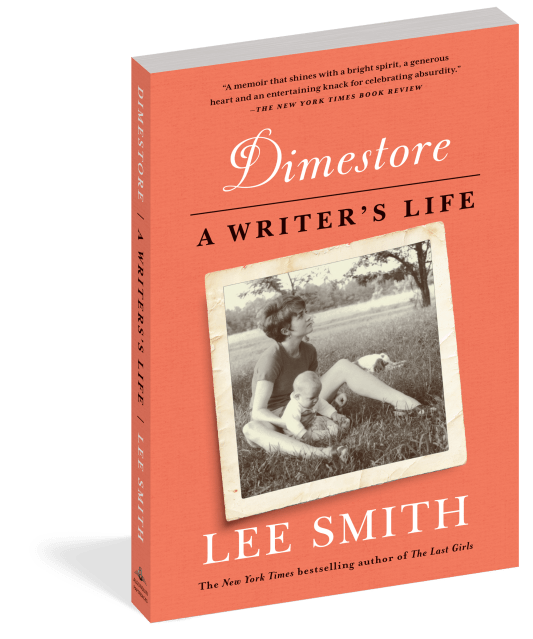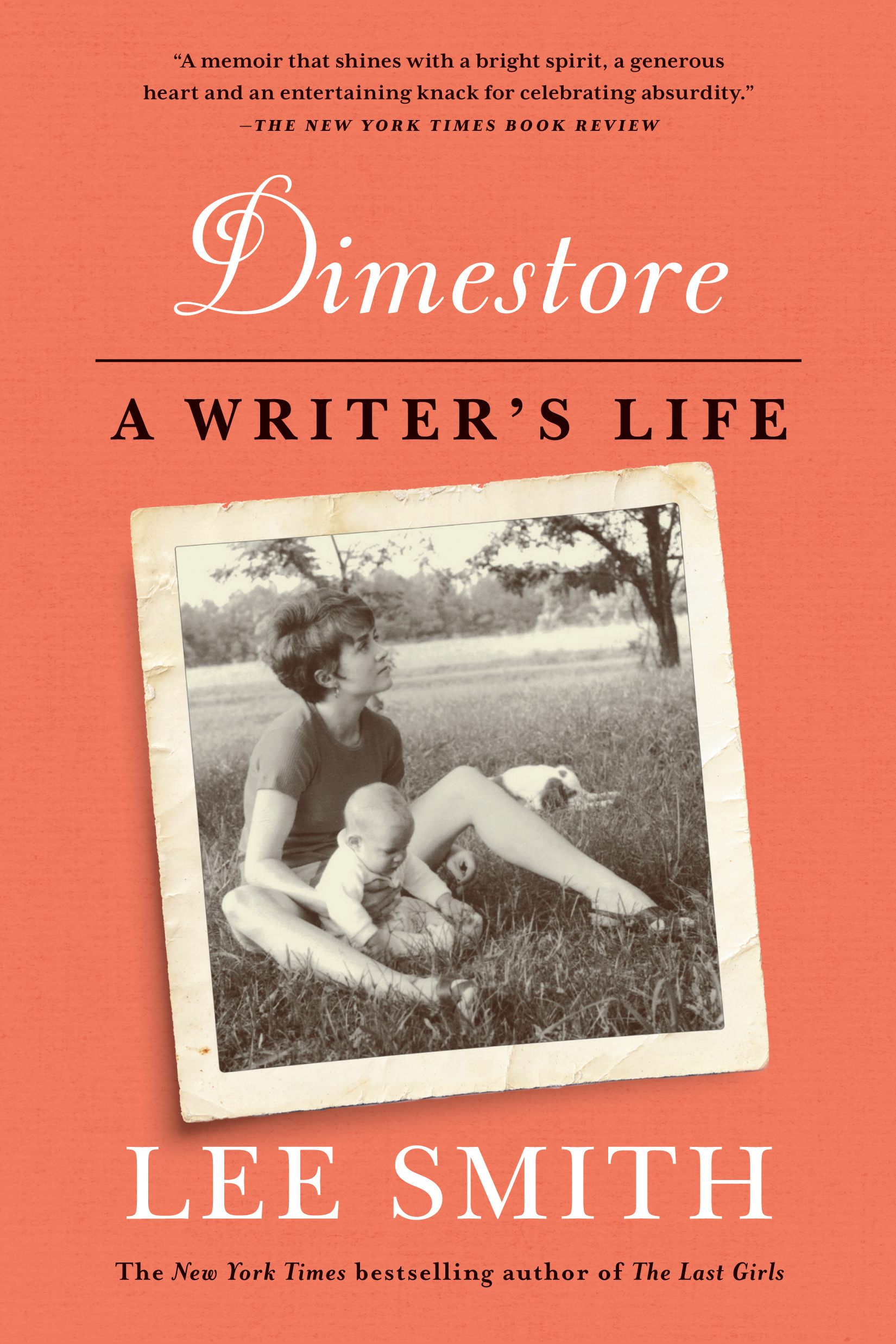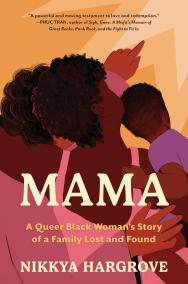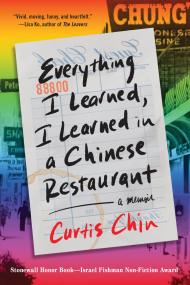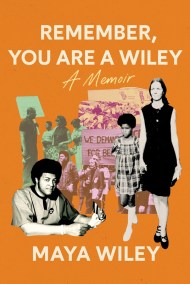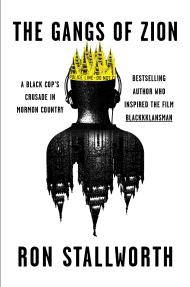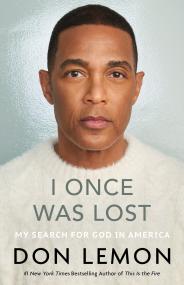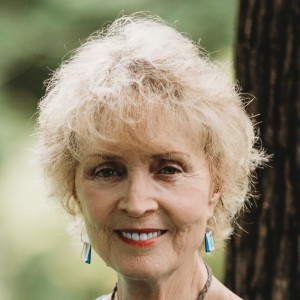By clicking “Accept,” you agree to the use of cookies and similar technologies on your device as set forth in our Cookie Policy and our Privacy Policy. Please note that certain cookies are essential for this website to function properly and do not require user consent to be deployed.
Dimestore
A Writer's Life
Contributors
By Lee Smith
Formats and Prices
Price
$15.95Price
$21.95 CADFormat
Format:
- Trade Paperback $15.95 $21.95 CAD
- ebook $10.99 $13.99 CAD
This item is a preorder. Your payment method will be charged immediately, and the product is expected to ship on or around April 4, 2017. This date is subject to change due to shipping delays beyond our control.
Also available from:
“A memoir that shines with a bright spirit, a generous heart and an entertaining knack for celebrating absurdity.”—The New York Times Book Review
“This is Smith at her finest.”—Library Journal, starred review
Set deep in the mountains of Virginia, the Grundy of Lee Smith’s youth was a place of coal miners, tent revivals, mountain music, drive-in theaters, and her daddy’s dimestore. When she was sent off to college to gain some “culture,” she understood that perhaps the richest culture she would ever know was the one she was leaving. Lee Smith’s fiction has always lived and breathed with the rhythms and people of the Appalachian South. But never before has she written her own story.
Dimestore’s fifteen essays are crushingly honest, wise and perceptive, and superbly entertaining. Together, they create an inspiring story of the birth of a writer and a poignant look at a way of life that has all but vanished.
“This is Smith at her finest.”—Library Journal, starred review
Set deep in the mountains of Virginia, the Grundy of Lee Smith’s youth was a place of coal miners, tent revivals, mountain music, drive-in theaters, and her daddy’s dimestore. When she was sent off to college to gain some “culture,” she understood that perhaps the richest culture she would ever know was the one she was leaving. Lee Smith’s fiction has always lived and breathed with the rhythms and people of the Appalachian South. But never before has she written her own story.
Dimestore’s fifteen essays are crushingly honest, wise and perceptive, and superbly entertaining. Together, they create an inspiring story of the birth of a writer and a poignant look at a way of life that has all but vanished.
-
“With restrained prose and charming humor, [Smith] illuminated a way of life that has all but disappeared and explores the impulse to bear witness that underpins the storyteller in all of us.”Garden Gun
B>People (Book of the Week)
“Smith delivers a memoir that shines with a bright spirit, a generous heart and an entertaining knack for celebrating absurdity. Although DIMESTORE is constructed as a series of personal essays, it presents as full a sense of a life as any traditional narrative.”
B>The New York Times Book Review
“…heartwarming… Dimestore shares the habits that may have saved Smith from her own tendency to get too “wrought up,” one of which was to approach storytelling “the way other people write in their journals,” in order to make it through the night. Fiction became her lifelong outlet, a means of sustaining and reaffirming the connection to her work, as well as a way to preserve the rich mountain culture she so loved as a child.”
B>Atlanta Journal-Constitution
“Dimestore may prove to be a work that connects wildly with readers. Because truth is often more powerful than fiction, and because the tale she has actually lived so far to tell is rendered keenly, irrepressibly and without self-pity. Lee Smith, the person, emerges as one of nonfiction’s great protagonists.”
B>Raleigh News Observer
“Now, at last, we have Dimestore: A Writer’s Life, a seasoned, open-hearted memoir, taking us from her youth in the coal-mining town of Grundy, Va., through her education at private schools in Richmond and Roanoke, Va., to her life since 1974, first in Chapel Hill married to the poet James Seay, and since 1985, to columnist and literary critic Hal Crowther. Throughout, the memoir shows Smith’s spunk and spirit…. Yes, Lee Smith is a writer, and without that, we probably would not have this engrossing memoir. But at heart, Lee Smith is a woman – openhearted, spirited, humble – and it is those qualities especially that inspire and make us glad as we read.”
B>Charlotte Observer
“…profoundly readable… Like her novels, Smith’s memoir is intimate, as though writer and reader are sitting together on a front-porch swing. She writes in the rich vernacular of her youth. Smith’s details are so piercingly remembered, so vividly set on the page, that I felt wrapped in a great blanket of familiarity. Her memoir is a warm, poignant read about a lost time and place, a love of books and a celebration of the quirks and oddities of home.”
B>Minneapolis Star Tribune
“This memoir is Smith at her finest. There is not one false note in the book. This wonderful memoir—filled with tenderness, compassion, love, and humor—is highly recommended for fans of Smith’s fiction, lovers of Southern writing, and readers who are interested in the changes in small-town America.”
B>Library Journal (starred review)
“Candid and unsentimental, Smith's book sheds light on her beginnings as writer while revealing her resilience and personal transformations over the course of a remarkable lifetime. A warm, poignant memoir from a reliably smooth voice.”
B>Kirkus Reviews
“Dimestore…is a testament to the power of place. The author of thirteen novels and multiple short story collections, Smith has long brought Appalachia to life for readers, and the book chronicles her own childhood in the coal-mining town of Grundy, Virginia, where she worked as a young girl in her father’s five-and dime, and her path to becoming a writer.”
- On Sale
- Apr 4, 2017
- Page Count
- 224 pages
- Publisher
- Algonquin Books
- ISBN-13
- 9781616206468
Newsletter Signup
By clicking ‘Sign Up,’ I acknowledge that I have read and agree to Hachette Book Group’s Privacy Policy and Terms of Use
